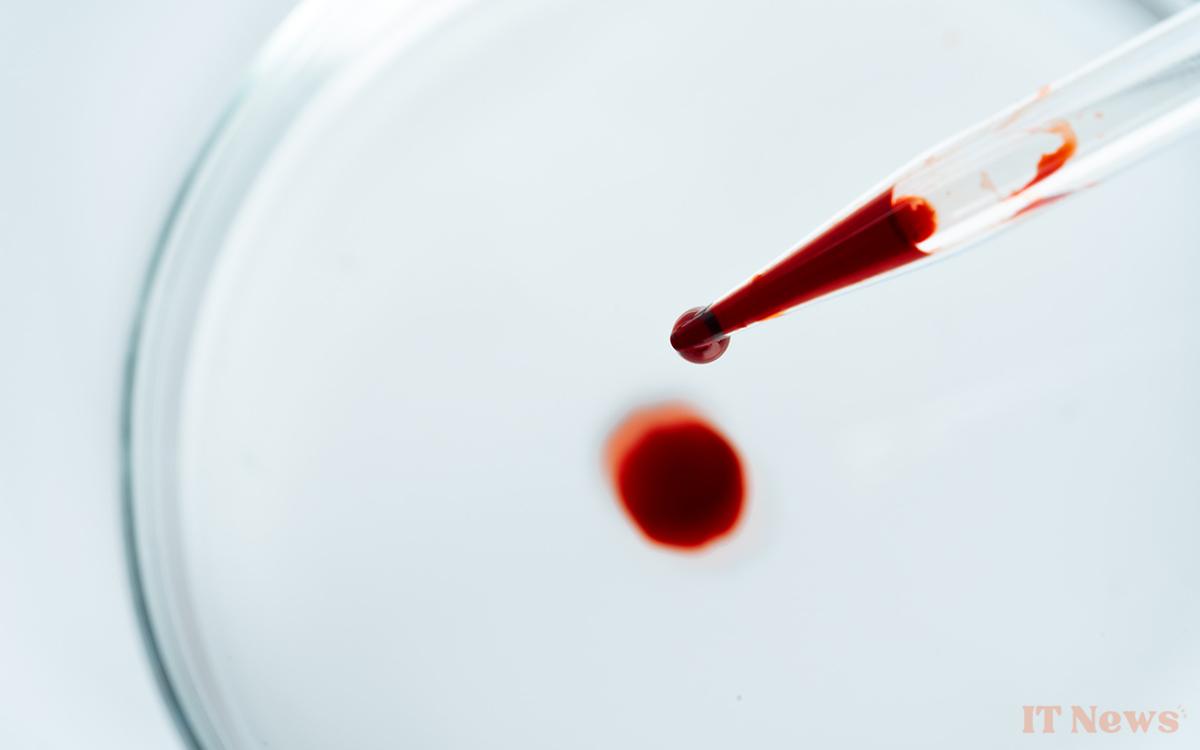A private London clinic claims to have invented a system to filter microplastics and other toxins from our blood. How does it do this, and does it really have an impact on our health?
You've probably heard of microplastics. As their name suggests, these are plastic particles, the vast majority of which are invisible to the naked eye. Research has shown that they are absolutely everywhere: in the air, water, clouds, salt, beer, snow... And in living things, including humans. Our blood contains them, for example. The quantity, of course, varies from one person to another depending on their degree of exposure to microplastics, but they are definitely there.
Spontaneously, we think that this is not good for our health. And based on this principle, the startup Clarify Clinics, based in London, offers to remove them from your blood by filtering it. The operation takes place as you probably imagine.
You sit in an armchair, and an IV is inserted to extract the blood, which then passes through a machine that separates it from the plasma it contains. The latter is then filtered through a column designed to retain microplastics and similar substances before being remixed with red blood cells and reinjected into the patient.
Filtering microplastics and other toxins from our blood: the promise of this startup is intriguing
The process takes two hours, which allows it to treat between 50 and 80% of the plasma volume in the blood. As you might expect, this comes at a cost: a modest £9,750, approximately €11,430. As a private company, Clarify Clinics does not provide details on how its system works. On the other hand, she points to customer testimonials, who after the treatment say they sleep better and feel more energetic.
Read also – Google will give you advice based on your health directly in the search results
As proof, Yael Cohen, CEO of the clinic, displays sleep quality measurements as captured with an Oura connected ring, equivalent to the Galaxy Ring. The scores go from 70 before filtering to 90 within 6 weeks after, a score that Oura describes as “optimal” sleep. And if this is the only data presented, it is simply because it is still unknown whether microplastics have a negative effect on health.
Is it necessary to consider a similar treatment? Here's what the scientists say
In 2022, a report from the World Health Organization concluded: there is a lack of data to confirm whether microplastics are dangerous (or not). Studies that link their presence to a harmful effect have failed to demonstrate a direct cause-and-effect link, even recently. For researcher Frederic Béen, “the dose makes the poison. This is why it is important to accurately determine the amount of microplastics or any other type of environmental contaminant to which humans are exposed.”
Read also – This AI detects cancer in almost 100% of cases, it does better than doctors
The problem is that these particles are absolutely everywhere, making the contamination of even the smallest sample very easy. In other words, it is very difficult to give a correct level in order to compare before and after filtering, for example. Note that in some cases, it may be necessary, even vital, to do something similar. This includes cases of high exposure to harmful substances like PFAS, also known as “eternal pollutants.” Bloodletting is then used to remove the contaminated blood.
Still, Clarify Clinics' patients seem to feel better after their visit to the startup's premises. It's easy to imagine that the placebo effect plays a role in this, accentuated by the very high price of the service. But perhaps these people are doing exactly what we will soon have to do to be healthier. After all, in the absence of proof, both conclusions are valid.
Source: Wired




0 Comments